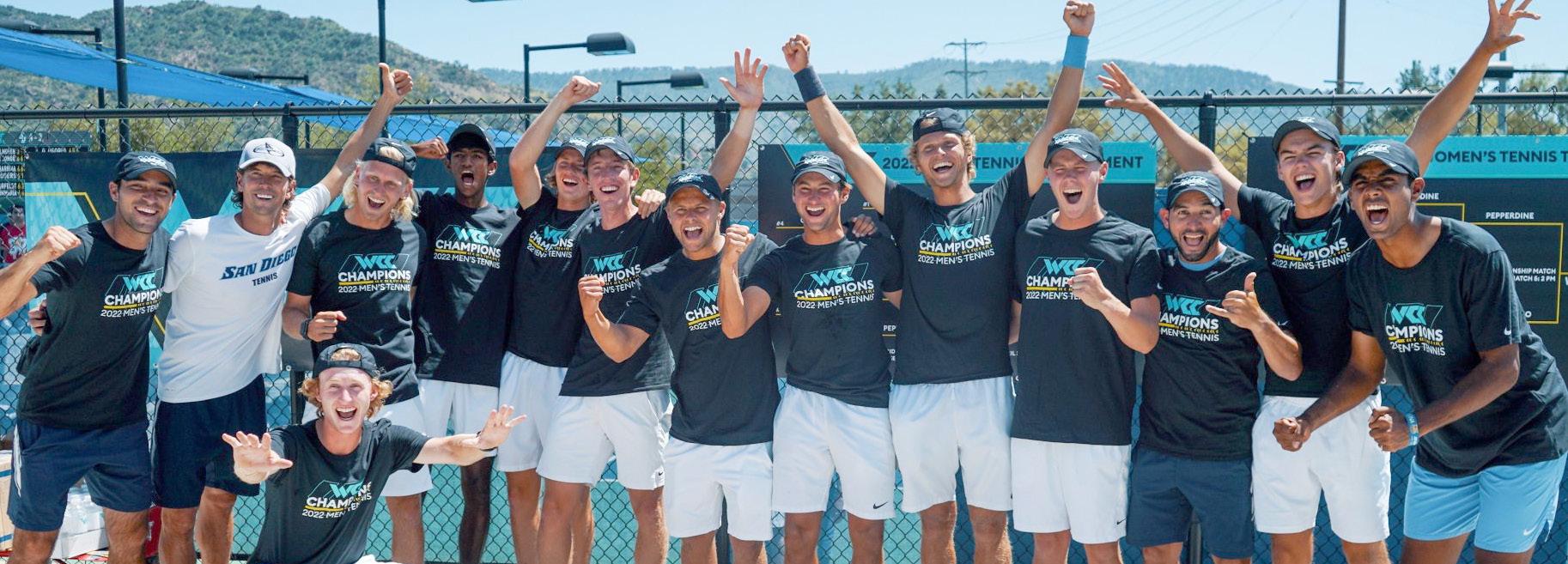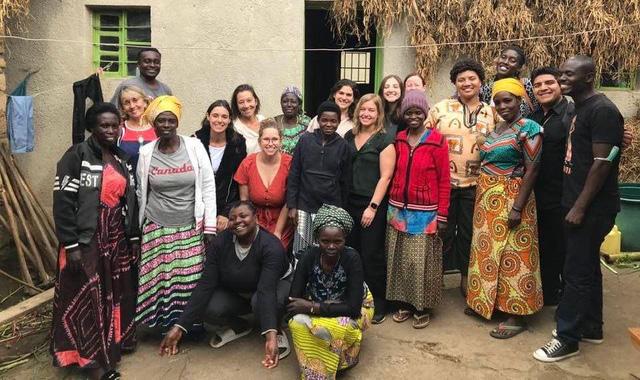
13 minute read
Goal 5: Amplifying Local and Global Engagement and Reputation
Study Abroad and International Experiences See Goal 5 KPIs H, I, and L
USD was able to selectively, and carefully, begin again with international mobility after the pandemic. There were opportunities for USD undergraduate students to study abroad during the fall and spring semesters and for some undergraduate and graduate programs to restart faculty-led academic programs taking our students abroad. USD continues to be in the top 5 nationally for the percentage of undergraduate students who study abroad and in the top 50 nationally for the total number of students who have international academic experiences. Additionally, our students, graduate and undergraduate, engage in extracurricular experiences globally, across the border and within San Diego’s multicultural community. Some examples include the Knauss School of Business through their Student International Business Club (SIBC), doing projects for companies from Baja California to London; Mission and Ministry taking students across the border in Mexico to meet with community leaders supporting issues of economic justice; the Hahn School of Nursing and Health Science engaging in medical missions to help Ukrainian refugees at the U.S.-Mexico border; and the Engineering Exchange for Social Justice supporting USD students to design alternative energy solutions in Trinidad and Tobago. These are just a few of the examples in which our students, faculty and staff confront the world’s most urgent challenges through international collaborations and experiential learning activities.
International/Multicultural Experience for All (SIG) See SIG Assessment Plan
According to surveys, approximately 50% of USD graduates study abroad, compared to 10% nationally; USD consistently ranks in the top 10 universities nationwide for this statistic. In addition, approximately another 30% of USD students engage in a multicultural experience such as cross-border engagement or community-engaged learning in the San Diego area. This initiative seeks to research why the remaining 20% of students do not study abroad or engage in a multicultural experience in the hopes of making this a graduation requirement for all undergraduate students. This past year, a top discussion within the development of USD’s Academic Plan was a recommendation to require a multicultural/ international experience. This would leverage our location on the border and build upon the expertise and activities already in place. It would also assure access for all of our student community to develop as global citizens and Changemakers. If approved as part of the Academic Plan, we would also need to clearly define what constitutes these experiences and develop opportunities to assure all students have access. The experience can be tracked using the same system that is used in the School of Leadership and Education Sciences for all their graduate students.
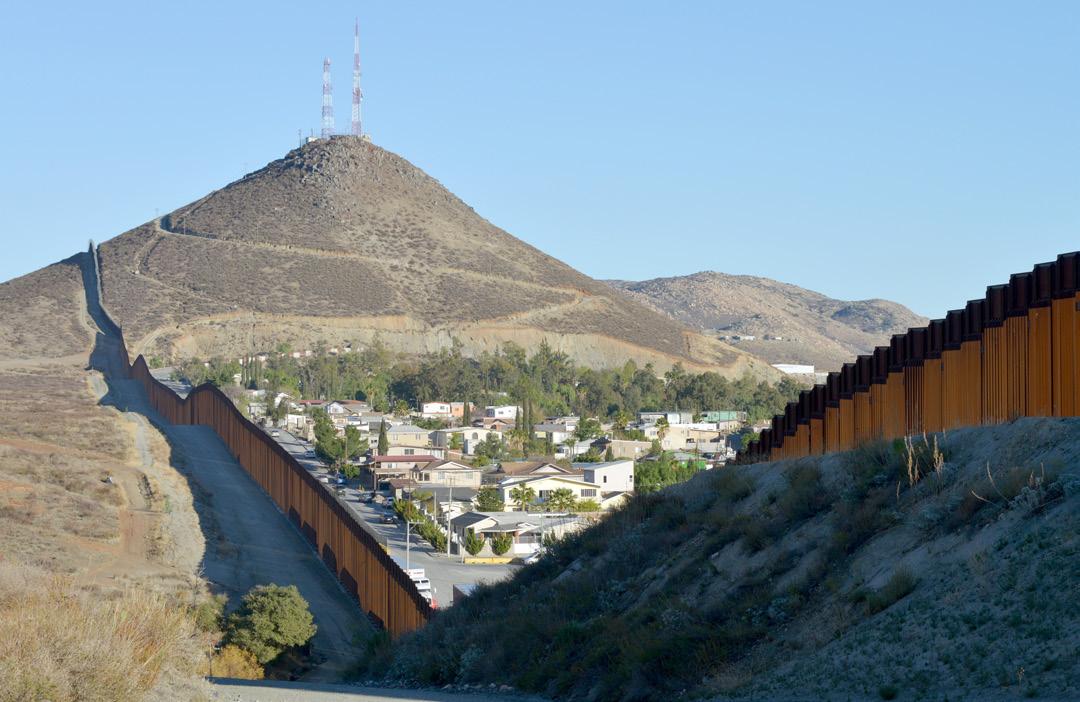
Changemaker Hub See Goal 5 KPI J
In academic year 2021-22, the Changemaker Hub provided students, faculty members, staff and community partners with meaningful and impactful ways to address the issue of food justice, while continuing to support initiatives that focused on making the campus a more inclusive and equitable community. The Fall 2021 Changemaker Challenge, which attracted an audience of over 200 students for the competition, received over 100 entries. It asked students to think about innovative ways of addressing food justice through the lens of community partners’ issues such as helping university students understand the impact of factory-farmed animal products on marginalized communities, creating a culture where plant-based food choices are the default option in university settings, and creating ways of getting food to families and seniors in the Linda Vista community so it increases Bayside’s outreach and supports local businesses. The winning ideas were developed in the Spring 2022 semester and will continue to be implemented in the Fall 2022 semester. The challenge was made possible through funds by the USD Parent Board Association. In addition to the challenge, the Hub also provided numerous opportunities for students to engage in social change in and out of the classroom.

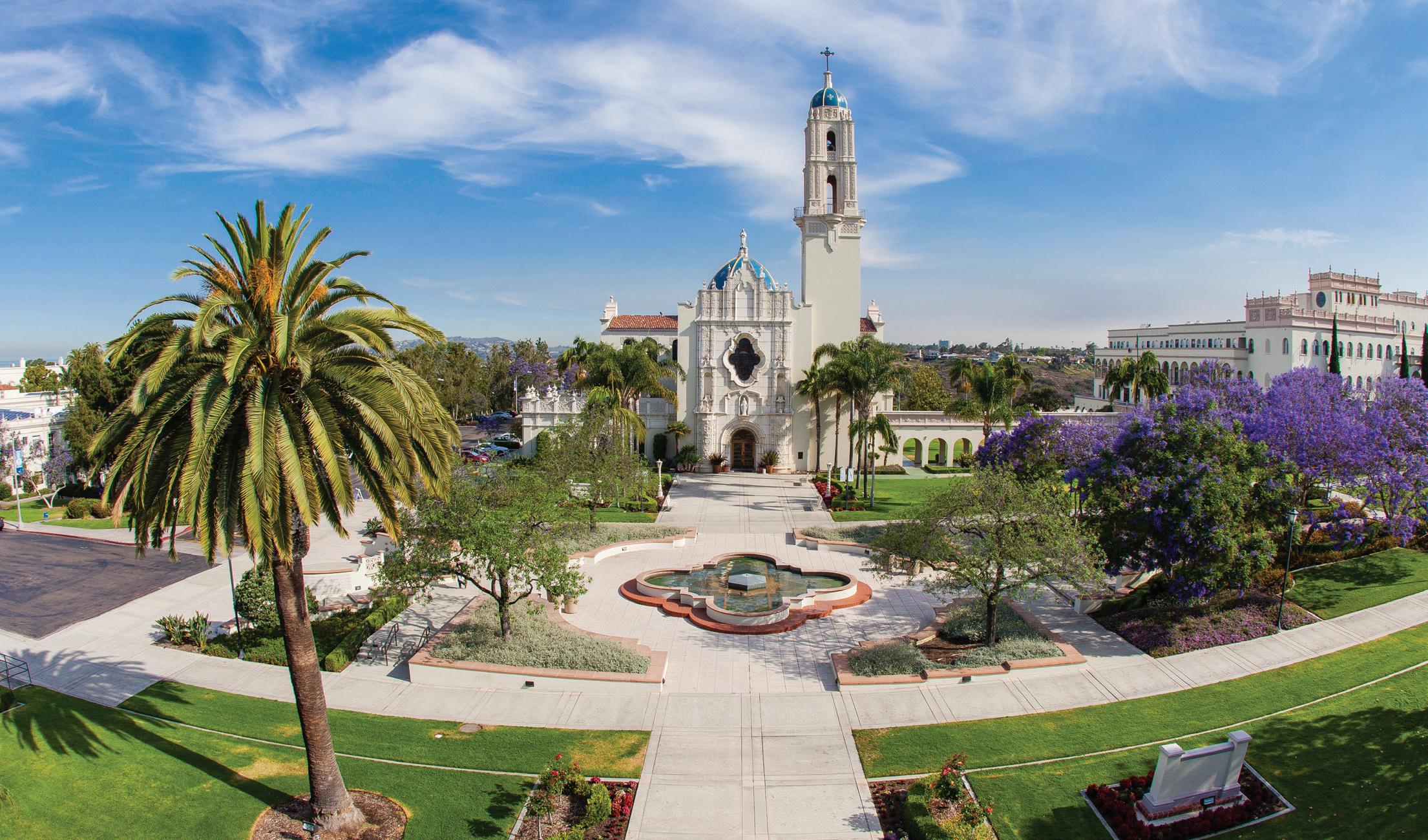
National Branding and Marketing Campaign See Goal 5 KPIs A and B
As part of Envisioning 2024, the University of San Diego created a comprehensive institutional marketing plan to breathe new life into the brand, build greater awareness of the university and attract new students and their parents. A Brand Council, comprising alumni, students, faculty and staff, was established to conduct research and message testing as it relates to what it means to be a part of USD. Next, we introduced contemporary fonts, new designs and a new voice and tone to connect with our audiences. Finally, we brought the new brand to life in a national advertising campaign. The university will launch its second year of the advertising campaign, which will run from September through May. The focus for year two is providing general brand lift for the University of San Diego, meeting enrollment goals at the undergraduate and graduate levels, promoting the opening of the Knauss Center for Business Education and supporting our institutional goal to become officially designated as an HSI. The plan includes print, audio, out-ofhome, digital and social channels as well as targeted enrollment support for undergraduate and graduate recruitment, enhancing the university’s brand and providing increased visibility locally, regionally and nationally. Anchor Institution and Community Engagement See Goal 5 KPIs E-G, K, and M
A few important successes occurred as it relates to USD being an anchor institution as well as faculty/staff/student engagement in the community this year. First, as part of USD’s commitment to investing and supporting local and diverse small businesses, USD received a grant from the Local Initiatives Support Corporation which has supported over 25 businesses in Linda Vista and City Heights. In addition, USD was able to use funds to sponsor the town’s multicultural fair, which is a huge event in the community and an exceptional place for small vendors to sell at and expand their customer base. The grant also funded the reopening of the farmers market, a weekly Linda Vista event that prioritizes Linda Vista, BIPOC and minority-owned businesses to feature in the market. Second, the University of San Diego is now a part of the Californians For All College Corps program. The program will give students a hands-on opportunity to serve their communities and, in return, receive $10,000 to pay for their education after a year of service. The University of San Diego was selected to be one of 48 new campus partners participating in College Corps. The USD planning team and leaders for the grant are the faculty supporting Care for the Common Home, the Mulvaney Center and the Non-Profit Institute. The University Advancement team was also instrumental in bringing this opportunity to USD and for also helping take
the lead in writing the grant. Third, with assistance from the Faculty Council on Community Engagement, USD continued implementation of common community engagement and public service designations for courses in Banner across the entire university. The designation requires the utilization of the Community Engagement Institutional Assessment rubric as a tool to outline the expectations and criteria for a course to be designated, as well as the corresponding student learning outcomes.
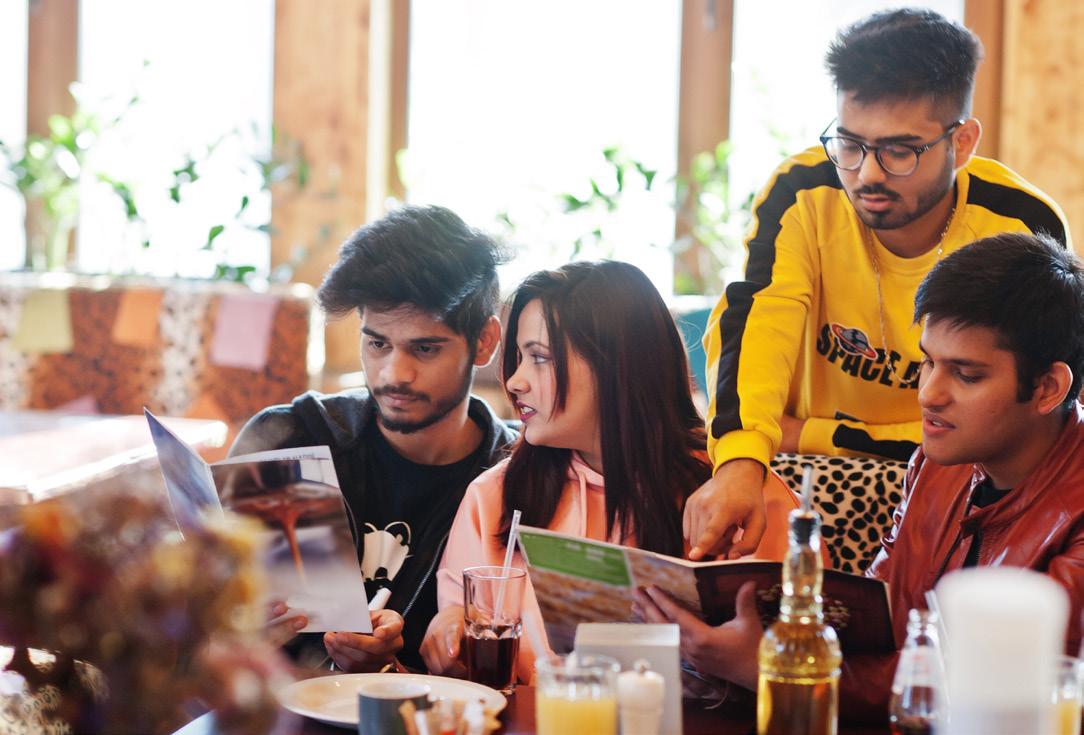
During the pandemic, entrepreneurs and, in particular, restaurant owners, were hit harder than most industries due to thin operating margins, high labor costs, perishable inventory and the toughest pandemic-related restrictions. This initiative seeks to support vulnerable entrepreneurs while creating experiential learning opportunities for USD students — aligned to Care for Our Common Home — while supporting DISJ in the community. This year, we translated existing curriculum and marketing material into other languages, trained an entrepreneur on the finer points of the curriculum, worked with community partners to promote the program, selected candidates for the program, coordinated with manufacturers, distributors, buyers and investors for network development, and ran the series. We also cultivated industry partners to make the program sustainable in the long term and cultivated an investor group with connections to local grants/loans to help the entrepreneurs access necessary capital. Next, we will convene a group of faculty members that would like to have their courses embedded within this program with entrepreneurs as well as identify faculty members that might co-facilitate with external experts with industry experience (i.e., a nutrition faculty with an external packaging expert). We will also connect with existing USD initiatives (i.e., MBA work with Access for Jobs, Local and Diverse Supplier work with Procurement, Mulvaney Center, in general, and, specifically, Turning Wheels and Tijuana Hub for anchor community outreach). We see this project growing beyond the restaurant industry to be more about anchor entrepreneurship which sets us up to be an inclusive innovation hub. Design Thinking Studio (SIG) See SIG Assessment Plan
This initiative seeks to create a Design Thinking Studio at USD that will provide the space, tools and methodologies to engage in creating institutional and local change concerning urgent global challenges by bringing together students, faculty, community partners and organizations to collaborate in resourceful and innovative ways. This year, a team was put together and several draft designs of the Design Academy program were put together. The initiative ran a small version of the curriculum on a select group of students and the test was very successful; it was focused on sustainability projects and using Design Academy content to help students learn design thinking. The pilot was called Climate Alliance and was done in partnership with the Environmental Integration Lab. It was a six-week program with 15 students participating. Five community partners were gathered for feedback that will be used for future planning. Some of the feedback we received from community partners was that the proposed design would put too much work on their end. This has made us rethink our strategy and perhaps run the initiative based not only on what topic best matches USD’s defined urgent challenges but rather select the topic according to the community partners willingness to test out the initiative with us.

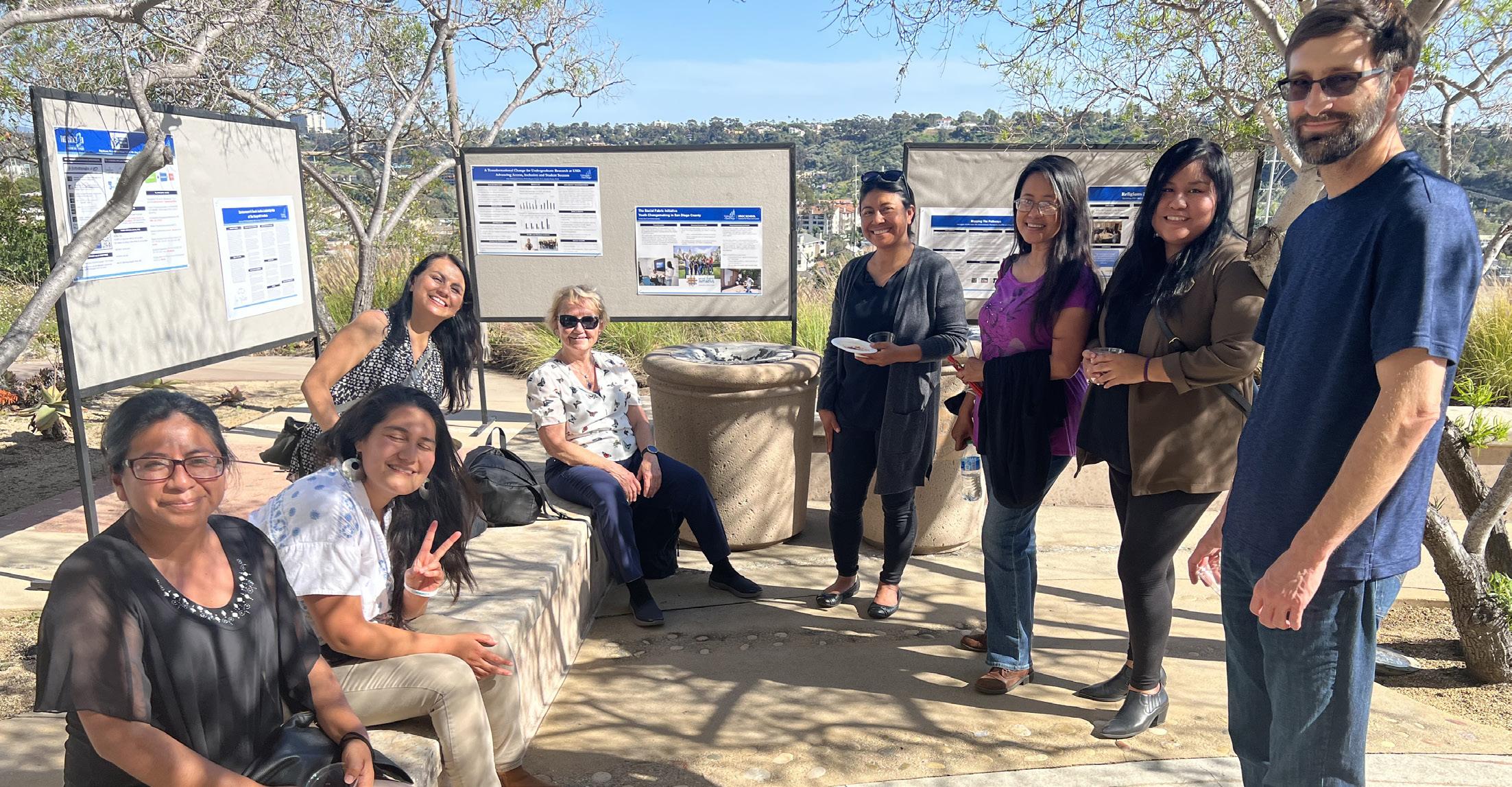
The Food Studies Initiative (FSI) seeks to execute a series of diverse campus meetings and events that will simultaneously serve as a laboratory to better understand USD community values related to food, accelerate the creation of a permanent Food Studies Program, support related fundraising and transform food at USD from an auxiliary part of campus life to a powerful vehicle for expressing values and enhancing USD’s educational mission. This year, the FSI collaborated with the Changemaker Hub to host an event, held multiple presentations and book clubs, published an article in USD Vista, developed courses related to food studies, created a partnership with USD Dining Services that will begin next year, discussed FSI on various podcasts, collaborated with Farm Forward to obtain two grants, developed curriculum for a food studies minor to begin in Fall 2023, completed a website for the initiative and developed a vision statement for food studies at USD. Mixtec Community Garden (SIG) See SIG Assessment Plan
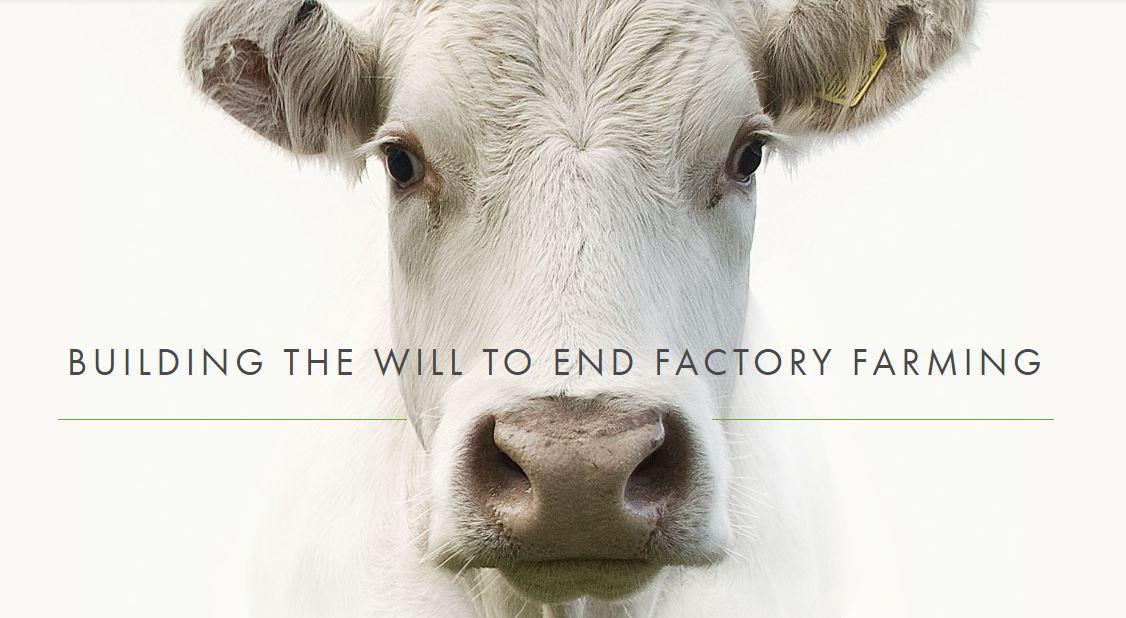
This initiative is based on a collaboration with the Mixtec community in Linda Vista. It is multifaceted and seeks to focus on multiple aspects of the community: a community garden, linguistic mapping and development, and the preservation of indigenous knowledge, medicinal usage and traditional foods. All efforts are linked to student learning at USD in multiple disciplines. Last year, garden boxes were built. This year, we continued to work on transcriptions of recordings. In the Fall 2021 semester, we held three events with Miguel Villegas Ventura (also known as Una Isu) who is a trilingual Ñuu Savi (Mixtec) rap artist, indigenous migrant rights activist, community organizer, Tu’un Savi (Mixtec) language instructor, and a dancer as well. The first event took place at USD, in an outdoor venue, and consisted of a presentation and performance by Una Isu. The second event, Poetry, Rap, and the Oral Traditions of Native Communities, was a workshop held at Access Community Center. The third event also took place at Access Community Center: Mixtec Hip Hop: Una Isu, Trilingual Hip Hop. All three events were well attended by USD students from multiple courses, USD faculty, USD alumni, community members, colleagues from other institutions in the area and some representatives from local Native American tribes in the region. Students wrote brief reflection papers. Collaboration with the Mixtec Garden and courses also included the analysis of a trilingual version of a Ñuu Savi poem and brief presentation on the author. The students’ oral and written reflections provided evidence of deep learning on the topics of multilingualism, intersectionality of (indigenous) identities and binational realities, immigration and migration, grassroots activism, urban
agriculture and socially engaged aesthetic works. We will be planning additional events for 2022-2023, including digital cartography in Spring 2023. During this academic year, the leadership team met several times with Lucien Serapio Carroll, a linguist with expertise in the word prosody of Ixpantecpec Nieves Mixtec. In collaboration with Carroll, we are developing additional instructional materials for the community that will be used in courses at different levels. This will build upon the previous Tu’un Savi courses that we conducted last year with the assistance of the linguist and poet Celerina Patricia Sánchez.
PAX Initiative (SIG) See SIG Assessment Plan
The Partners Against eXploitation (PAX) Initiative seeks to build on the opportunity USD has to be a leader in the fight against human trafficking. Situated in a large, diverse border city, USD is a multidisciplinary university with a focus on changemaking. This perfectly positions the university to drive change in the fight against human trafficking. The PAX Initiative seeks to facilitate communication and connections between the university’s various units to collaborate on innovative solutions to the urgent challenge of human trafficking. This year and last, PAX began with a core group to lead and manage the initiative. The core group meets on a weekly basis to discuss projects, outreach, engagement and next steps. PAX also established relationships with a number of experts at USD and around the community (called the PAX Collaborative). The collaborative seeks to facilitate networking as well as consultation with experts for their input and assistance on projects, policy and research matters that have arisen related to human trafficking. The initiative completed an initial analysis of the San Diego landscape when the project started, and we continue to track agencies, organizations and individuals in their connections and contributions to antitrafficking efforts in San Diego. PAX is working with Tablecloth software to develop a customized platform into which PAX can enter data related to timelines, administration instructions and outcome data related to PAX-funded projects. PAX funded three major projects. First, the HEART Dashboard pilot project provided important data on the contribution of illicit massage to the San Diego regional sex economy. Second, the Medical Rotation Project, in collaboration with UCSD medical school personnel and the USD Hahn School of Nursing and Health Sciences, designed a medical rotation curriculum for medical and nursing students. Third, the Partnerships for Education and Research-Based Legislation collaborative teaches students, faculty and staff how to use their expertise and experience to engage in effective and impactful advocacy as it relates to human trafficking. PAX has submitted one grant application and is collaborating with on-campus and community partners to pursue other opportunities for continued funding.
Success in Athletics See Goal 5 KPIs C and D
Rooted in its vision of Winning in the Classroom, Winning on the Playing Field and Winning in the Community, the University of San Diego Athletics enjoyed a dynamic 2021-2022 campaign, sending five teams to the NCAA postseason and two to invitational tournaments alongside two conference championships. Women’s volleyball set the tone in the fall with its 25th NCAA tournament appearance in program history, marking the 12th consecutive season the team has advanced to the postseason. Football captured its Pioneer Football League with a record-tying 12th regular season title. Women’s basketball earned an at-large bid to the Women’s National Invitation Tournament. Men’s tennis won the WCC and advanced to the NCAA Tournament. Women’s tennis, swimming and diving, and men’s golf all qualified for NCAA postseason competition, with swimming and diving also taking part in the CSCAA National Invitational. Torero scholar athletes achieved a 3.21 cumulative GPA in the fall semester, with over 71% earning a 3.00 or above, and each of USD’s 17 Division I sports partnered with multiple organizations to provide 2,700 hours of volunteerism.
